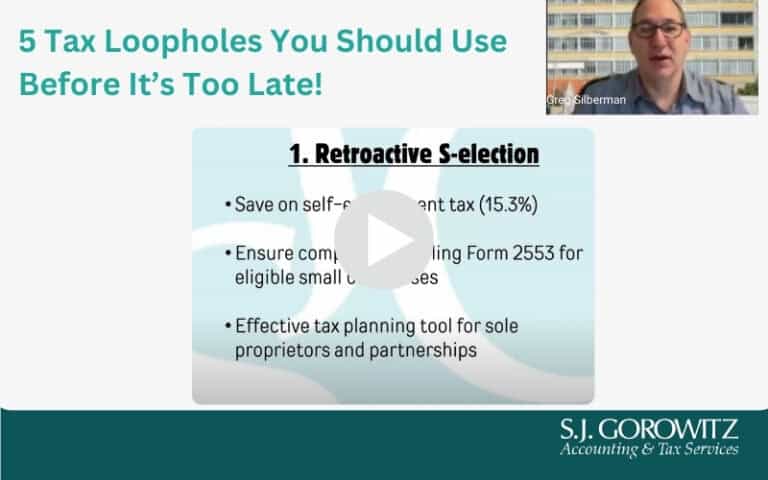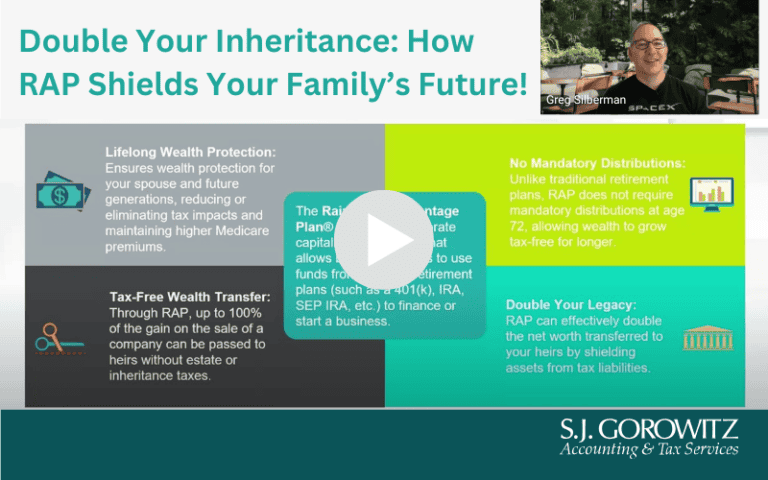
Each year, the IRS sets the annual gift tax exclusion, which allows a taxpayer to gift a certain amount per recipient tax-free. For 2023, the IRS announced that the annual gift tax exclusion would increase to $17,000 per recipient—the highest exclusion amount ever. Married couples may gift up to $34,000 each year per recipient.
If a taxpayer chooses to give more than the $17,000 limit to an individual recipient, he or she will need to report the excess amount by filing a gift tax return. The amount reported beyond the annual exclusion limit is then applied to his or her lifetime gift tax exemption.
Also announced for 2023, the lifetime gift and estate tax exemption has increased to $12.92 million per taxpayer (up from $12.09 million in 2022). Using both of their lifetime exemptions, a married couple could shield a total of $25.84 million from federal estate or gift tax. Even if a couple has already maxed out their lifetime gifts prior to 2023, this year’s increase gives them the opportunity to gift another $1.72 million.
Portability of the Estate and Gift Tax Exclusion
When a spouse dies, it is possible for the surviving spouse to claim the decedent’s unused lifetime exemption through a portability provision. By combining the unused exemption with their own lifetime exemption, a surviving spouse may be able to shelter inherited assets from estate and gift taxes. Portability isn’t automatic, however; the decedent’s estate must file a federal estate tax return that elects to allow the surviving spouse to use the deceased spouse’s exemption.
When are Estate Tax Returns and Gift Tax Returns Due?
Most Americans will not owe estate or gift taxes because their net worth is less than the lifetime gift and estate tax exclusion. However, when estate taxes are owed, the estate tax return is generally due nine months after the date of death. A six-month extension is available if requested prior to the due date and the estimated correct amount of tax is paid before the due date.
Gift tax returns are due April 15 of the year following the year that the gift was made. Filing a gift tax return doesn’t mean that the taxpayer owes taxes on the gift; it’s simply a means of reporting gifts to track how much of the lifetime exemption has been used.
If you’re looking for an experienced CPA in the Atlanta area who can provide counsel on gift and estate taxes, please call us at 770.740.0797 or email us at info2@SJGorowitz.com.
























